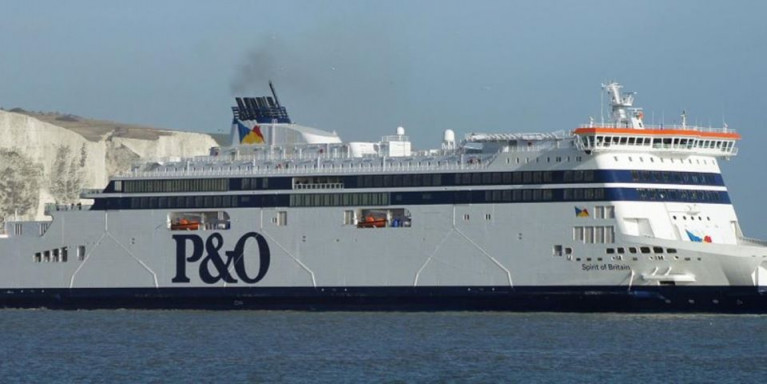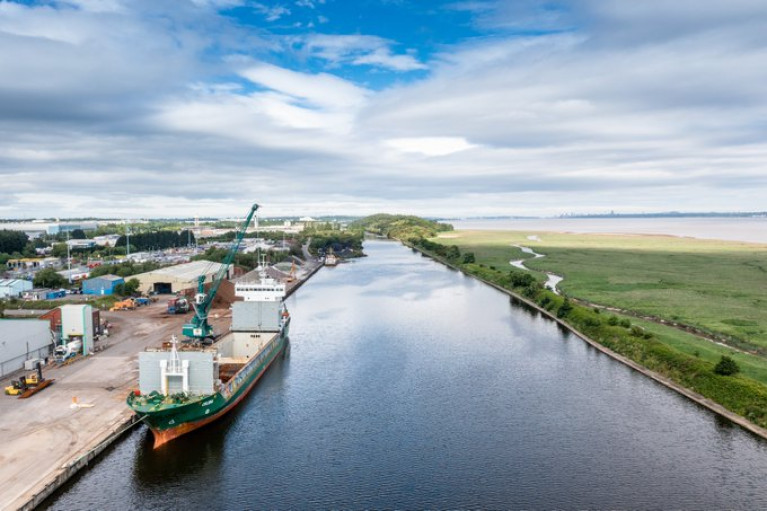Displaying items by tag: Rethink
British Transport Secretary Unveils Plan to Make P&O Ferries ‘Fundamentally Rethink’ Sackings
Ferry company P&O will be forced to “fundamentally rethink their decision” to sack nearly 800 workers, according to British Transport Secretary Grant Shapps.
The Cabinet minister made the claim as he set out a series of measures in response to the redundancies.
These include plans (see story) to create “minimum wage corridors” on ferry routes between the UK and other countries.
He will also urge ports to refuse access to boats carrying seafarers paid below the minimum wage, and ask the Insolvency Service to consider disqualifying P&O Ferries chief executive Peter Hebblethwaite from acting as a company director.
Speaking in the House of Commons, Mr Shapps said: “P&O Ferries’ failure to see reason, to recognise the public anger, and to do the right thing by their staff has left the Government with no choice.
The Irish Examiner has more.
UK's Second Largest Ports Group Calls for Supply-Chain Rethink Across Country's Port Network
In the UK, the second-largest port operator is calling for the supply chain to rethink its approach by making better use of the entire port network across the country.
Peel Ports says that it is essential for logistics firms and cargo owners to take advantage of the full range of private, public and trust ports all along the UK’s coastline, helping to address problems caused by trade bottlenecks in the South-East.
According to Maritime UK, the UK ports industry handles 95% of UK import and export by volume. Despite the large number of ports in the UK, much of the freight traffic is concentrated among a comparatively small percentage, with the top 20 ports accounting for 88% of the total.
Local logistics could sort supply chain woes
- UK’s network of 120 commercial ports is under-utilised
- Bottlenecks in a small number of major ports are harming UK plc
- Commerce as a whole will gain from spreading the load
David Huck, Managing Director of Group Ports at Peel Ports, said: “It might raise eyebrows that we’re encouraging companies to use competitors as well as ourselves, but these are exceptional times. Brexit, Covid and the long-standing HGV driver shortage are all combining to challenge the supply chain like never before.
“Congestion in southern ports has long been an issue and there has traditionally been a huge reliance on the south to facilitate the UK’s supply chain. Currently 95% of goods enter the country via the south, yet 60% is actually destined for the north. We have long argued the UK is too reliant on the South-East and the current climate calls for a serious rethink on the future of alternative regional ports being used as points of entry and exit.”
“The UK has excellent coverage throughout the country of ports for every size vessel and every commodity. We need to take full advantage of this by moving goods by sea as much as possible and doing so closest to their point of origin or their destination. That will reduce the pressure in congested areas and allow us to better use both the supply of haulage services and the road network. That is in everyone’s interests.”
Peel Ports has invested around £1.2 billion worth of infrastructure into its ports across UK and Ireland (MTL Terminal, Dublin Port with caller BG Freight Line), to prepare for increased demand and pressures on the supply chain. Investments include the L2 container terminal in Liverpool, Brexit contingencies for HGV trailers, new rail connections to major UK city hubs and a heavy recruitment campaign to increase labour.
This investment has helped to attract more services to Peel Ports’ facilities. Following a successful trial earlier this year, DKT Allseas announced that its China Xpress liner service will become a permanent route into Liverpool, complimented with the introduction of a new onward rail service into Freightliners Birmingham terminal.






























































